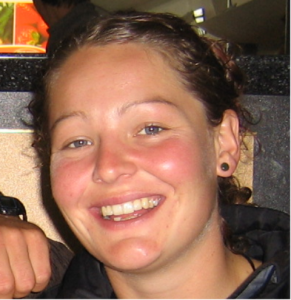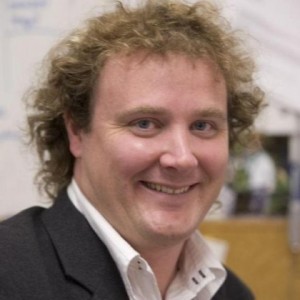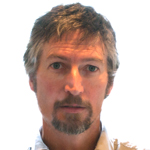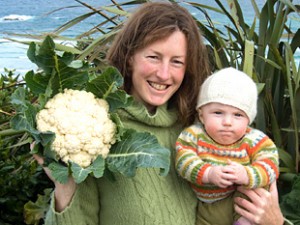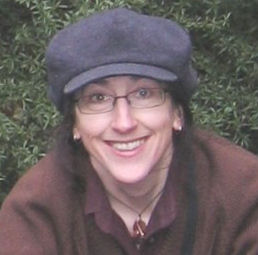
Originally from Northern Ireland, Maureen Howard has lived in Dunedin for the last 17 years. She has a BSc Hons in Psychology from University of Ulster and a PhD in Psychology from the University of Otago. She has been employed in a variety of work including research, teaching, consulting, administration and environmental campaign work. Since 2006 she has been contracted by the Dunedin City Council to run courses, workshops and talks in sustainable living and to provide support for sustainable living skill-sharing within Dunedin’s communities.
Maureen tells us that education for sustainability is important to many councils in NZ who also run courses through the Sustainable Living Programme. The Dunedin City Council also has a Safe and Sustainable Travel Coordinator, a Sustainability Advisor and staff engaged in waste minimisation. They support Enviroschools and encourage activities like water conservation, composting, cloth nappies, cycling and walking routes, and insulation retrofitting through their website, leaflets and workshops. The courses Maureen runs, along with workshops and talks on sustainable living help to bring this and other sustainability information together for interested people in the community. She tells us about role of communities in working towards a better future, one with more diversity, more resilience and greater productivity.
In her spare time Maureen is an active member of Transition Valley 473 and Sustainable Dunedin City Society.
Shane’s number of the week:Â Â 1,200 square kilometers is the size of the oil slick in China’s Bohai Sea. If oil companies can’t clean up this mess in one of the world’s most powerful countries, what hope is there of getting it right in New Zealand given our much smaller economy, tiny military and much more technically challenging drilling conditions?
Sam’s joined-up-thinking: Ray Anderson, who died this week, changed the nature of business (more>>>)


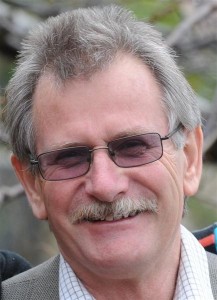
 </>
</>